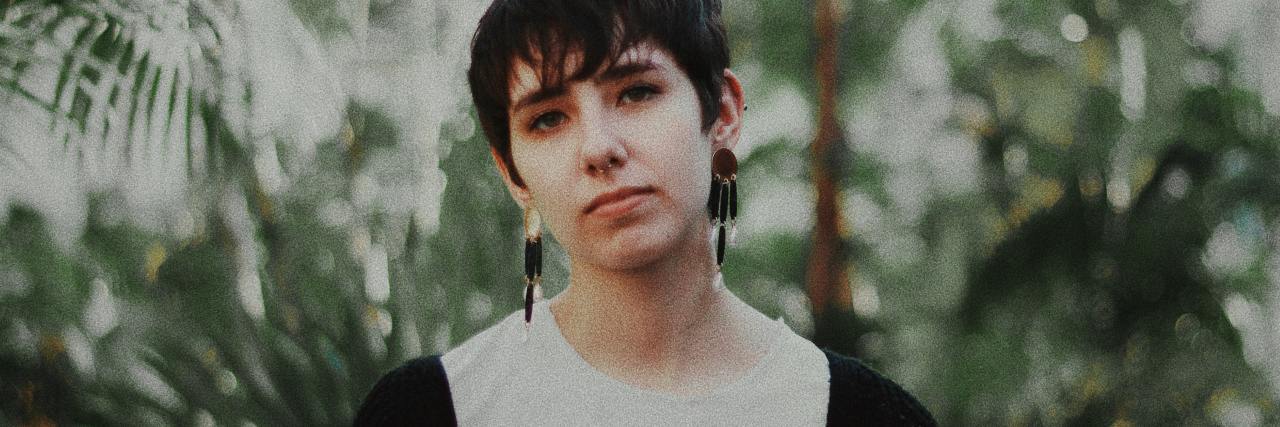My Eating Disorder Shows Why We Need To Rethink How We Teach Kids About Exercise
Editor's Note
If you live with an eating disorder, the following post could be potentially triggering. You can contact the Crisis Text Line by texting “NEDA” to 741741.
A few days ago, my eating disorder therapist asked if I thought my exercise is excessive, to which I said no. She agreed, adding that it looks much better than it has previously. She reminded me that exercise should make me feel good and be fun, and that if I’m not feeling well or am too tired, it is good to take the day off. In the past, I seemed to forget those parts. I was journaling about my past with exercise and where I think my excessive and unhealthy relationship with it started, I concluded that the way we look at exercise and teach kids about it is largely unhealthy.
I remember basketball practice and games and being in so much pain, almost in tears, but being told to push harder. I remember running cross-country in middle and high school and being told that when we felt like we couldn’t run any farther or like we needed to slow down, that we should speed up and push harder. I remember people vomiting after races often, and I cried in pain during plenty of long run days. We are constantly told “no pain, no gain” and I know I internalized that. I used to cycle every day for hours and I was often crying and wanting to scream during my rides. I did the same thing with skateboarding. And most of this was before it raised a red flag with anyone.
I thought that was how it was supposed to be. I had been told that if I wasn’t in pain, if I didn’t feel like I couldn’t go for one more minute, if I wasn’t completely exhausted then I wasn’t working hard enough or was doing something wrong. I don’t think I am the only one who has felt these things or who has felt guilty for taking a day off even if I was sick, or who used exercise to earn food or to punish myself. The way we look at exercise is damaging and can be extremely dangerous. Excessive exercise is a symptom of many eating disorders.
I still catch my brain telling me that the workout doesn’t start until I’m in pain and other unhealthy thoughts, but I’m working on retraining my brain to use exercise to celebrate what my body can do and being thankful that I am far enough in recovery that I am now allowed to exercise. I do enjoy it when I’m doing it healthily.
I know it feels like you need it. I know it hurts to take a break and might bring up a lot of uncomfortable feelings. I know you don’t feel like you are worthy of rest, but this is your permission to take a break. This is your permission to rest. This is your permission to end your workout sooner than you had planned. I promise you it will be OK if you take a rest day (or week, or month).
Photo by Elijah M. Henderson on Unsplash

